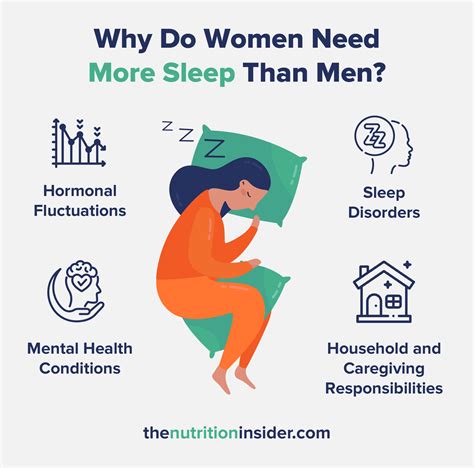Why Women Need More Rest and How to Prioritize It

In today’s fast-paced world, where productivity is often the primary focus, rest can sometimes take a backseat—especially for women. Whether it's managing careers, family, social obligations, or personal expectations, many women find themselves constantly on the go. But research is increasingly showing that women need more rest than they might realize, both physically and mentally. Understanding why this is the case and learning how to prioritize rest is essential to maintaining overall health and well-being.
The Science Behind Women's Need for Rest
Biologically, women’s bodies are different from men’s in many ways, and these differences can influence how they experience fatigue and recovery. Studies have shown that women’s bodies may take longer to recover from physical exertion due to hormonal fluctuations throughout the menstrual cycle. During the luteal phase, which occurs after ovulation, women’s bodies can experience increased fatigue, mood swings, and even physical discomfort, making rest even more crucial during this time.
Moreover, the impact of stress is often more pronounced in women. Due to hormonal differences, women tend to have higher levels of the stress hormone cortisol compared to men. This heightened sensitivity to stress can lead to burnout if rest and self-care are not adequately prioritized.
The Mental Load
Beyond the physical demands, women often carry a "mental load"—the invisible work of organizing, planning, and managing everyday life. This mental burden is particularly prevalent among women who are primary caregivers, whether as mothers, daughters, or partners. Mental load involves keeping track of appointments, meal planning, schoolwork, and other daily tasks. Constantly managing these responsibilities without sufficient downtime can lead to mental exhaustion, which can be even more draining than physical fatigue.
Women and Sleep
Sleep plays a critical role in overall health, and studies indicate that women may suffer from sleep disturbances more often than men. Hormonal changes, such as those associated with menstruation, pregnancy, and menopause, can disrupt sleep patterns. In addition, societal expectations, like multitasking and the pressure to “do it all,” may contribute to late nights and poor-quality sleep.
Chronic sleep deprivation has been linked to a range of health issues, including weakened immune function, weight gain, mood disorders, and cognitive decline. Inadequate sleep can also reduce productivity, making it harder to focus and perform well at work, at home, or in social situations.
The Benefits of Prioritizing Rest
When women prioritize rest, the benefits are profound. Rest and recovery improve mental clarity, boost emotional resilience, and enhance physical health. Here are some key benefits of ensuring you get enough rest:
- Improved Physical Health: Regular rest helps regulate hormones, improve cardiovascular health, and restore energy levels.
- Increased Productivity: A well-rested mind is sharper, allowing for better decision-making, problem-solving, and creativity.
- Mental and Emotional Well-being: Adequate rest helps balance emotions, reducing feelings of stress, anxiety, and depression. It can also improve mood and enhance relationships.
- Better Sleep Quality: Prioritizing rest during the day, including short naps or breaks, can lead to more restful and uninterrupted sleep at night.
How to Prioritize Rest in a Busy Life
While it can be challenging to slow down in a busy world, there are several strategies women can adopt to make rest a priority:
Schedule Rest Like an Appointment
Treat rest with the same importance as any other task. Block off time in your calendar for relaxation, even if it's just for 10 to 20 minutes a day. This could be time spent journaling, meditating, or simply sitting in silence.
Listen to Your Body
Pay attention to how your body feels. If you're physically or mentally drained, give yourself permission to rest without guilt. Take breaks during the day and don't push through fatigue unnecessarily.
Delegate Tasks
If possible, delegate responsibilities to others. Share household duties or ask for help from family or friends. Trusting others with tasks you typically take on yourself can alleviate stress and create more time for rest.
Create a Restful Environment
Transform your home into a space that promotes relaxation. Keep your bedroom free of distractions (such as electronics) and invest in a comfortable mattress and bedding to improve sleep quality.
Prioritize Sleep
Develop a consistent sleep routine. Try to go to bed and wake up at the same time every day, even on weekends. Avoid stimulants like caffeine and limit screen time before bed to improve the quality of your sleep.
Mindfulness and Meditation
Incorporate mindfulness practices or meditation into your routine. These practices help clear your mind, reduce stress, and promote a deeper sense of relaxation.
Self-Care Rituals
Taking time for activities that nurture your body and soul, such as taking a warm bath, reading, or engaging in a hobby, can be incredibly restorative. Set aside time for these activities as a form of self-care.